Partners
ITALY

University of Perugia (UNIPG)
Department of Agricultural, Food and Environmental Sciences
Responsible: Prof. Emidio Albertini – Italy
The Plant Biotechnology group from the University of Perugia headed by Prof. Emidio Albertini coordinates the project and is located in the Department of Agricultural, Food, and Environmental Sciences. The Department hosts 20 laboratories, 4 field experimental stations, 4 experimental stables, and 1 pilot food technology plant. A wide range of advanced breeding and biotechnological research activities are performed by the Plant Biotechnology group: from the investigation of the mode of reproduction to the development of new breeding tools. The group has recently developed a cutting-edge technique for large-scale genome methylation analysis (the link in the first comment). In this project, the Plant Biotechnology group will focus on epigenetic factors that may have played a role in the evolution of polyploids in collaboration with POLYPLOID partners. It will provide equipment for molecular biology especially for setting up the libraries for the epigenetic studies, and the bioinformatics for the relative pipeline.
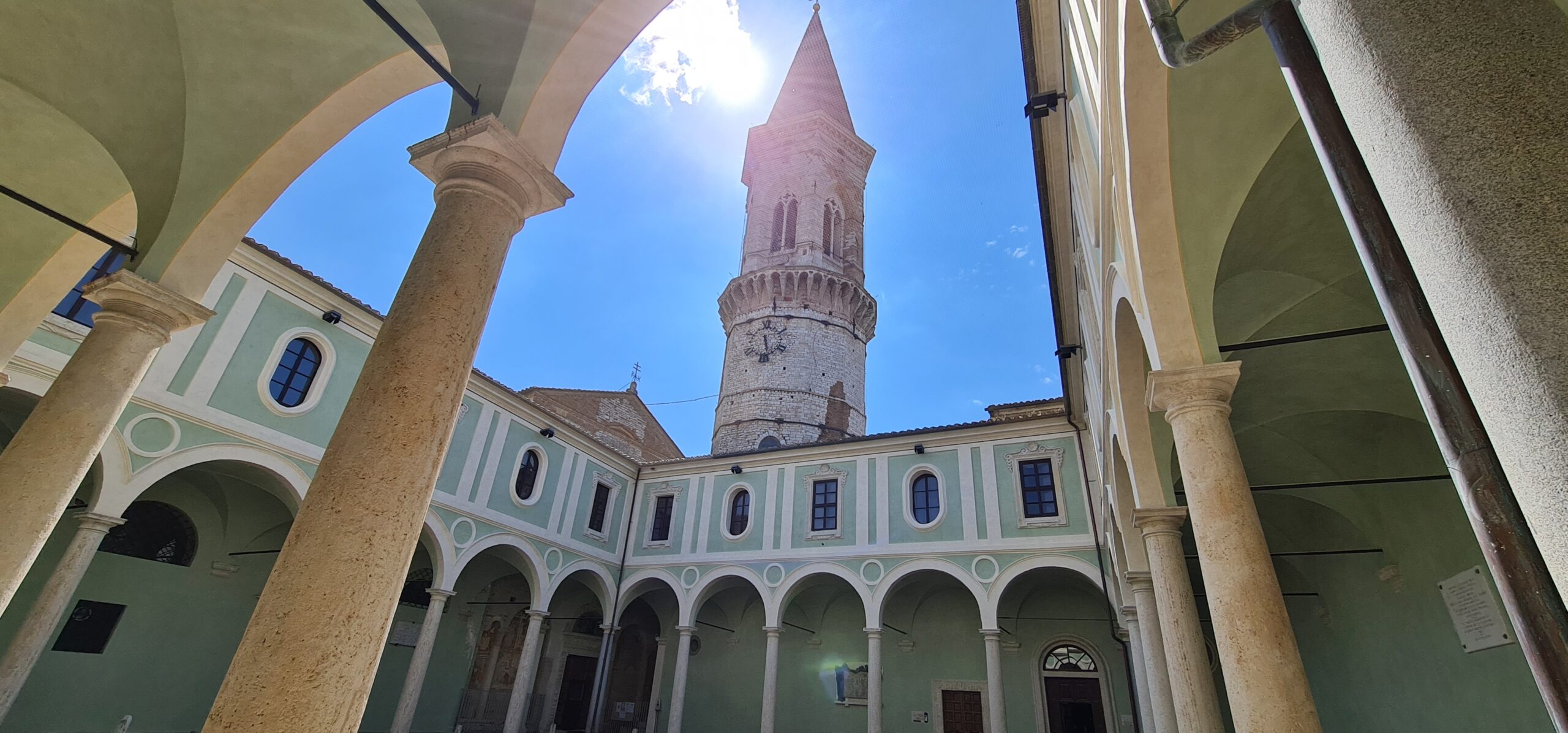
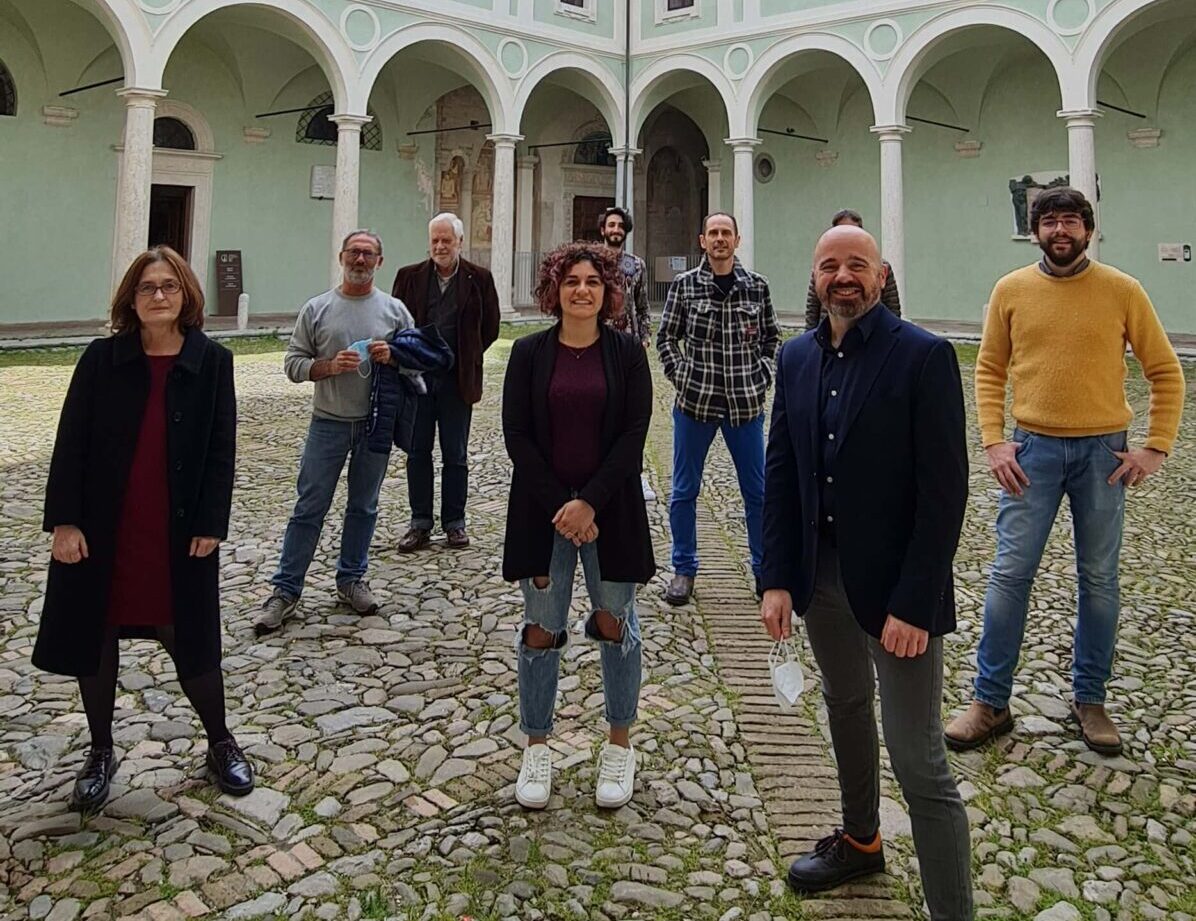

University of Milano (UMIL)
Seed formation is the culmination of a series of developmental processes like female germline identity acquisition, ovule development and fertilization. Hence, studying these developmental processes is very important since they directly influence seed production, having an impact on human needs. Our research focuses on understanding the factors controlling ovule development and female germline differentiation, using the sexual plant Arabidopsis thaliana and the apomictic Taraxacum officinale. Overall, our aim is to decipher mechanisms that govern gynoecium, seed and fruit development in the model species Arabidopsis thaliana and Rice using functional genetics. A special focus has been recently introduced in the lab towards the understanding of climate change impact in reproductive tissues.
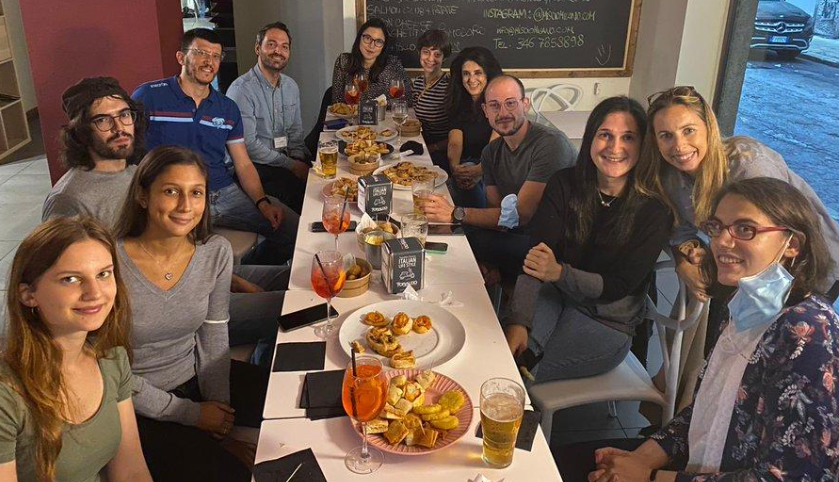
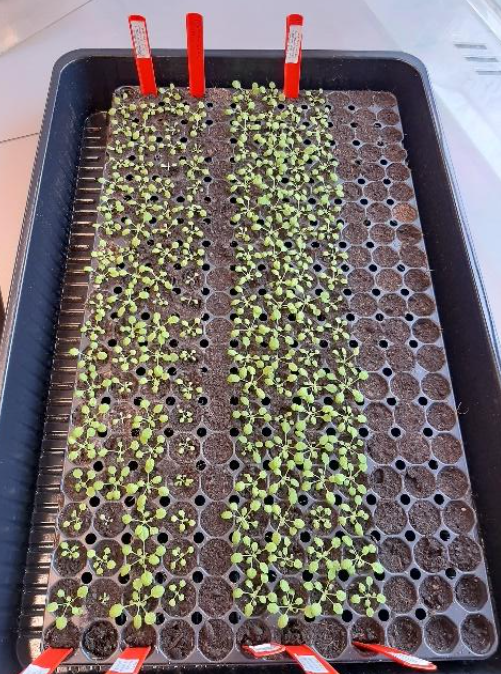

University of Naples Federico II (UNINA)
Department of Agricultural Sciences (DAS)
The Potato Breeding and Genomics (PBG) group is based at the Department of Agricultural Sciences (DAS) of the University of Naples Federico II. DAS carries out multidisciplinary research activities related to agriculture, environment, and food and hosts one of the largest university-based community of plant geneticists in Italy active in the fields of genetics, genomics, and breeding of various crops. The PGB group is led by Prof. Domenico Carputo and has long-documented expertise in deciphering the molecular consequences of genome doubling (early polyploidization) of a sexually isolated potato species displaying valuable traits for breeding. In this project, the PBG group will work on the mobilome analysis and the functional characterization of ploidy-related genes. Moreover, it will share its synthetic tetraploids for genetic, epigenetic, and transcriptomic profiling and will contribute to the collaborative effort to combine the Solanum data with those from grasses and Medicago.
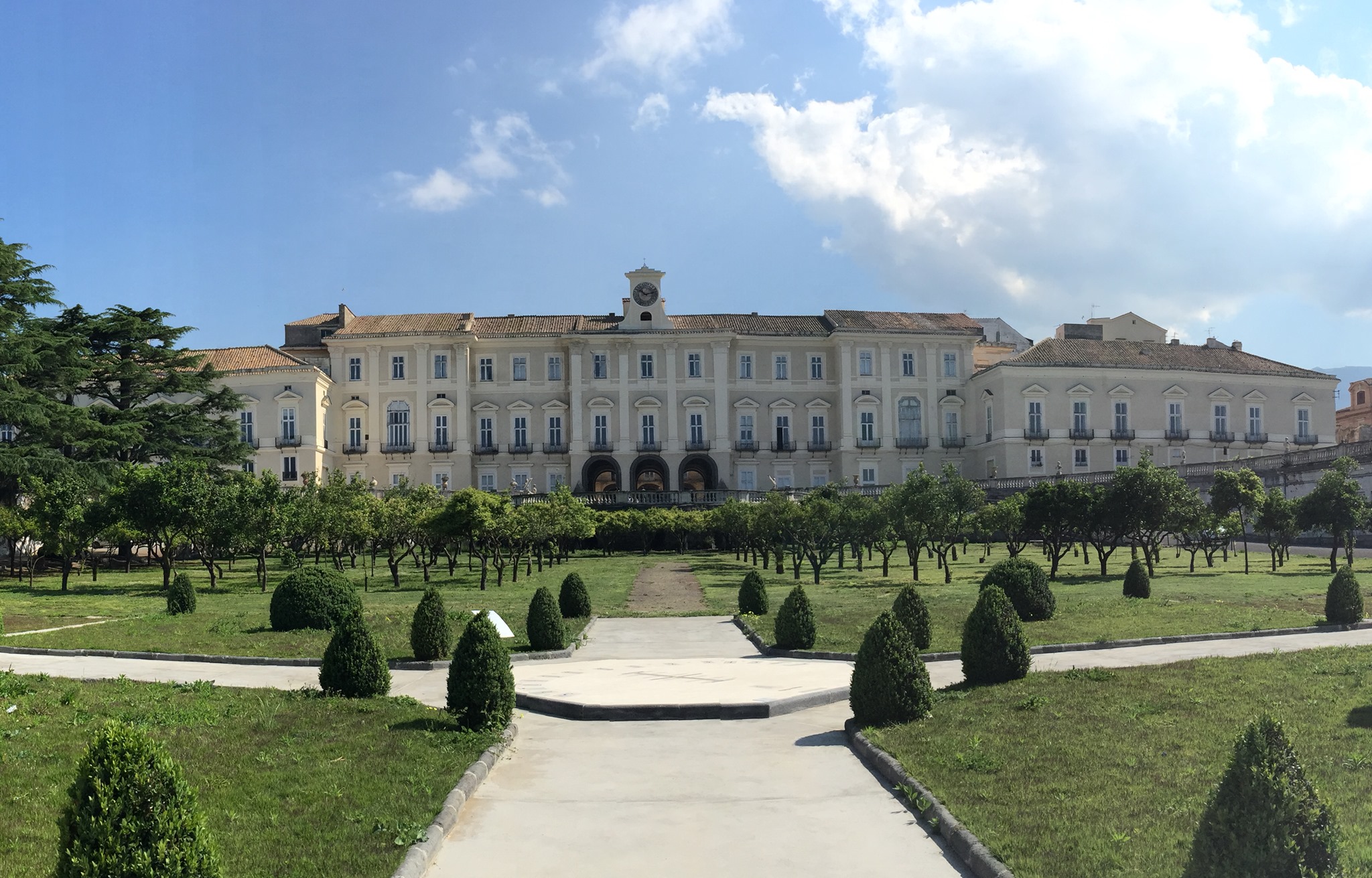
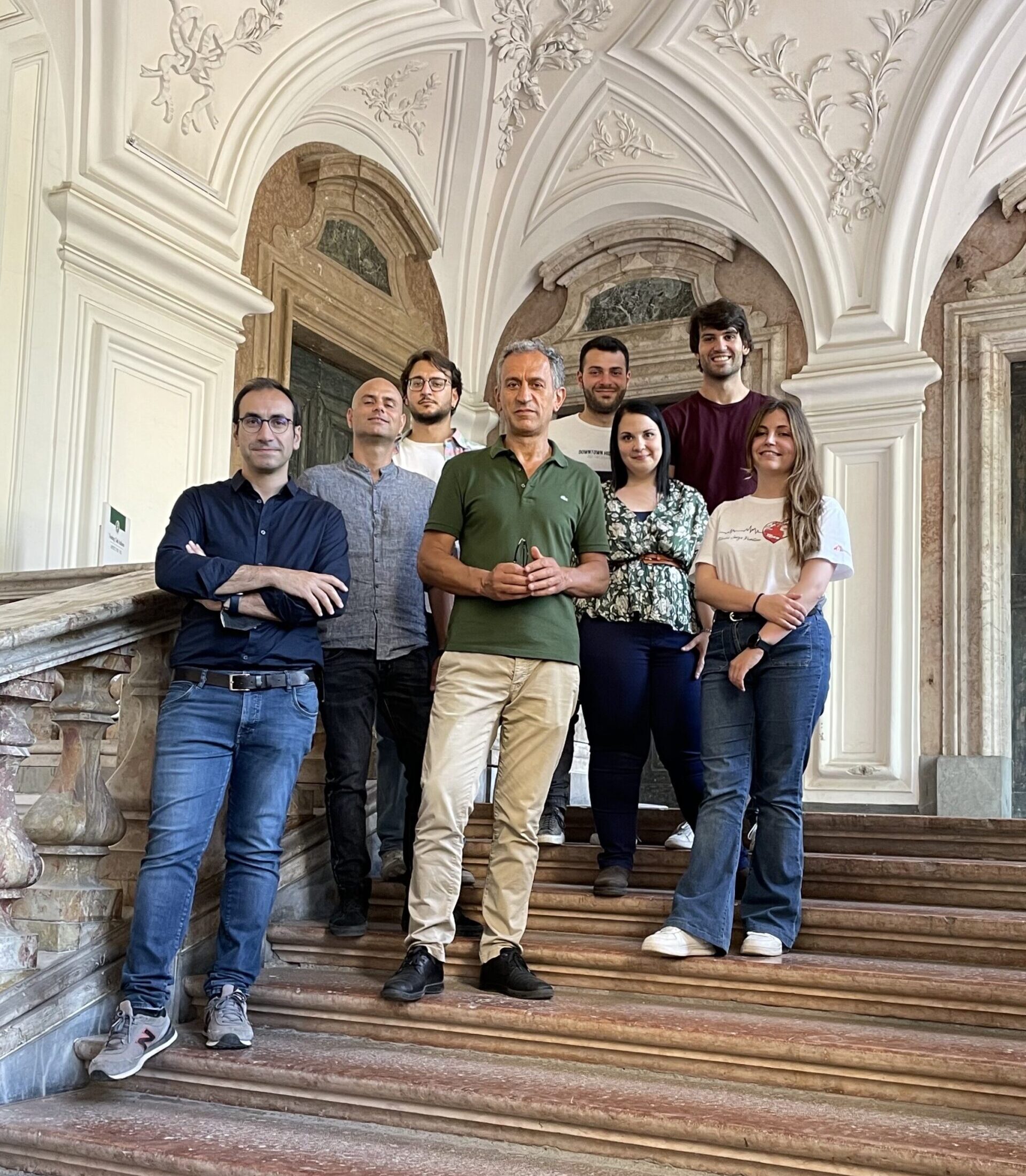
SPAIN

Sequentia Biotech
Sequentia Biotech is a bioinformatics company that transforms omics data into knowledge. We offer bioinformatics cloud softwares, custom softwares and bioinformatics consulting services for healthcare, pharma, agriculture, industry and environment. Based in Barcelona, with customers in more than 65 countries, we have completed over 400 bioinformatics projects in all omics fields and count with more than 1.500 cloud softwares users. We have been multi-awarded with european competitive grants and published over 60 papers in high impact factor journals.
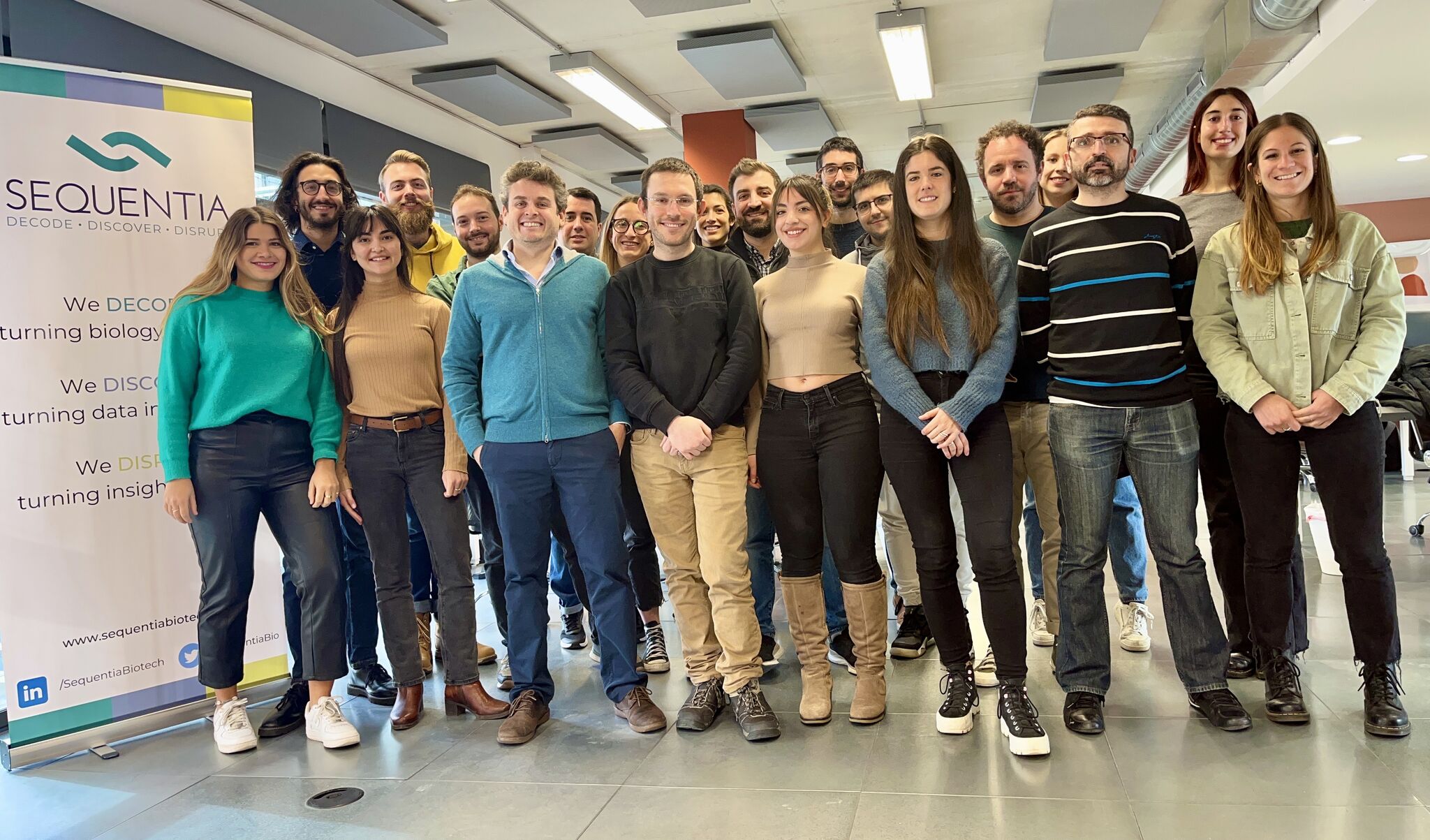
ARGENTINA
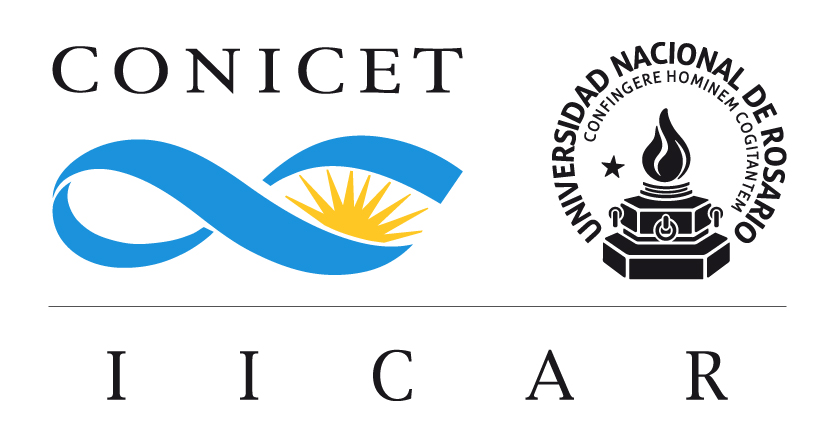
I I C A R
Research unit of CONICET and Faculty of Agricultural Sciences of the National University of Rosario (FCA-UNR)
IICAR is a research unit of CONICET and Faculty of Agricultural Sciences of the National University of Rosario (FCA-UNR). The institution is dedicated to the generation and dissemination of scientific knowledge in agronomy and education. The research projects include scientific developments and technologies for the Pampeana region with particular attention to the sustainability of ecosystems. IICAR counts with 16 research groups, including 83 researchers and 37 Ph.D. and postdoctoral students. The IICAR staff involved in the MAD (MSCA-RISE) project work to elucidate molecular, genetic, and developmental processes associated with aposporous apomixis in Paspalum spp.
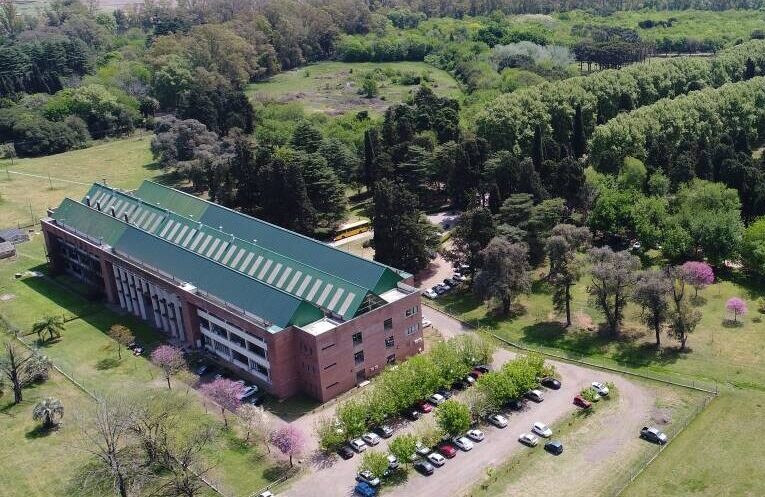
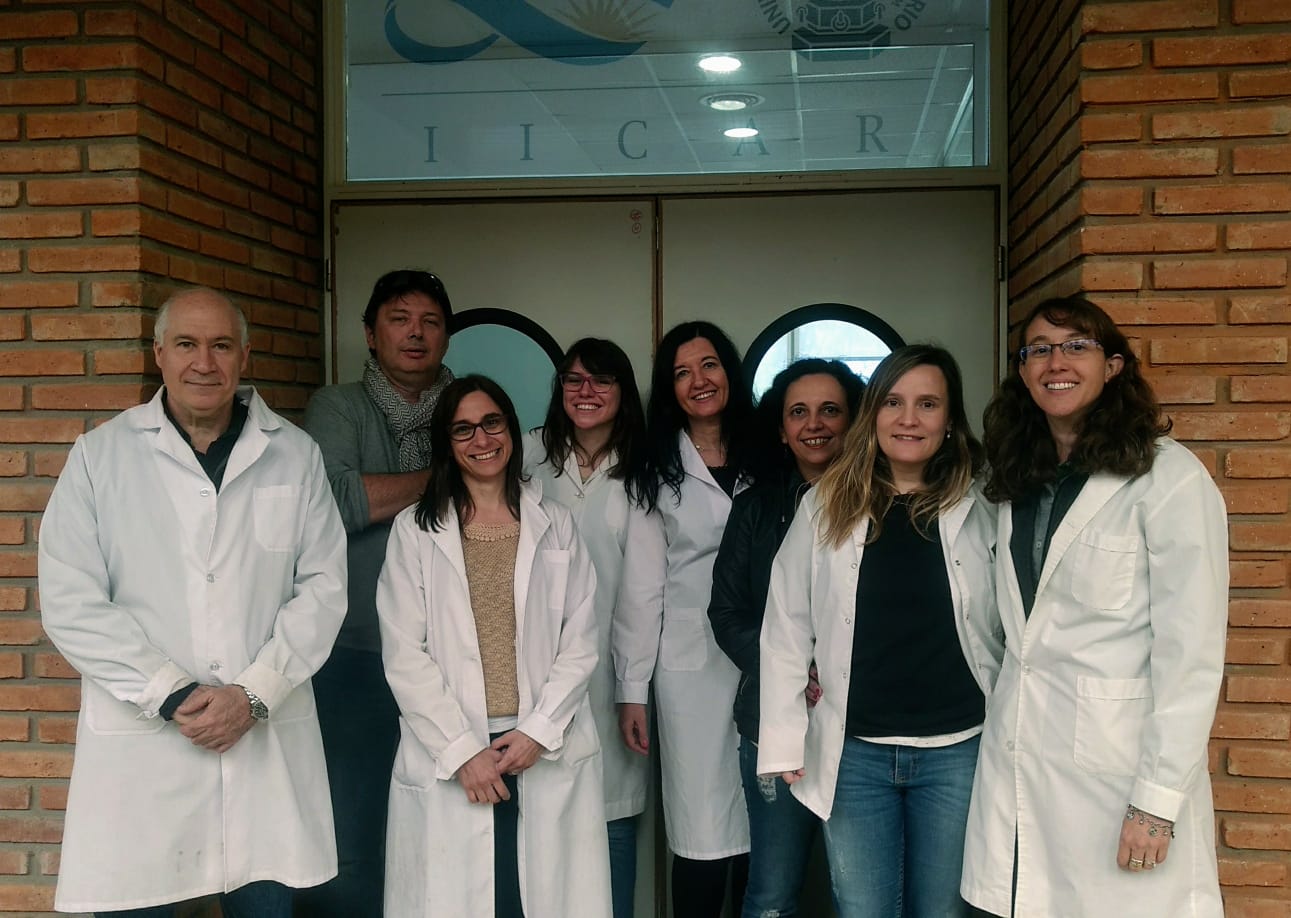
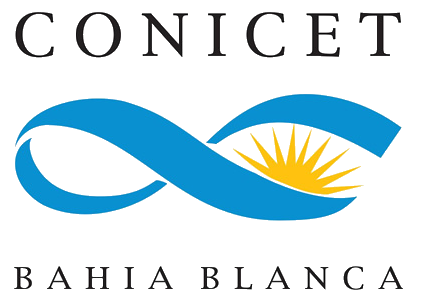
CERZOS
Center of Renewable Natural Resources from the Semi-Arid Region (CERZOS)
The Center of Renewable Natural Resources from the Semi-Arid Region (CERZOS) belongs to the National Research Council (CONICET, www.conicet.gov.ar) and the Universidad Nacional del Sur (UNS, www.uns.edu.ar), thus being a research and educational institution for the generation, dissemination and application of scientific knowledge for agro-food production and for the sustainable management of natural resources in ecological systems within the cultivable and non-cultivable semiarid region in Argentina. The Apomixis group is dedicated to elucidating the molecular and genetic bases of diplosporous apomixis using Eragrostis curvula as plant model and have a collection of plant materials with different ploidy levels (2x – 7x) that will be used in this project.
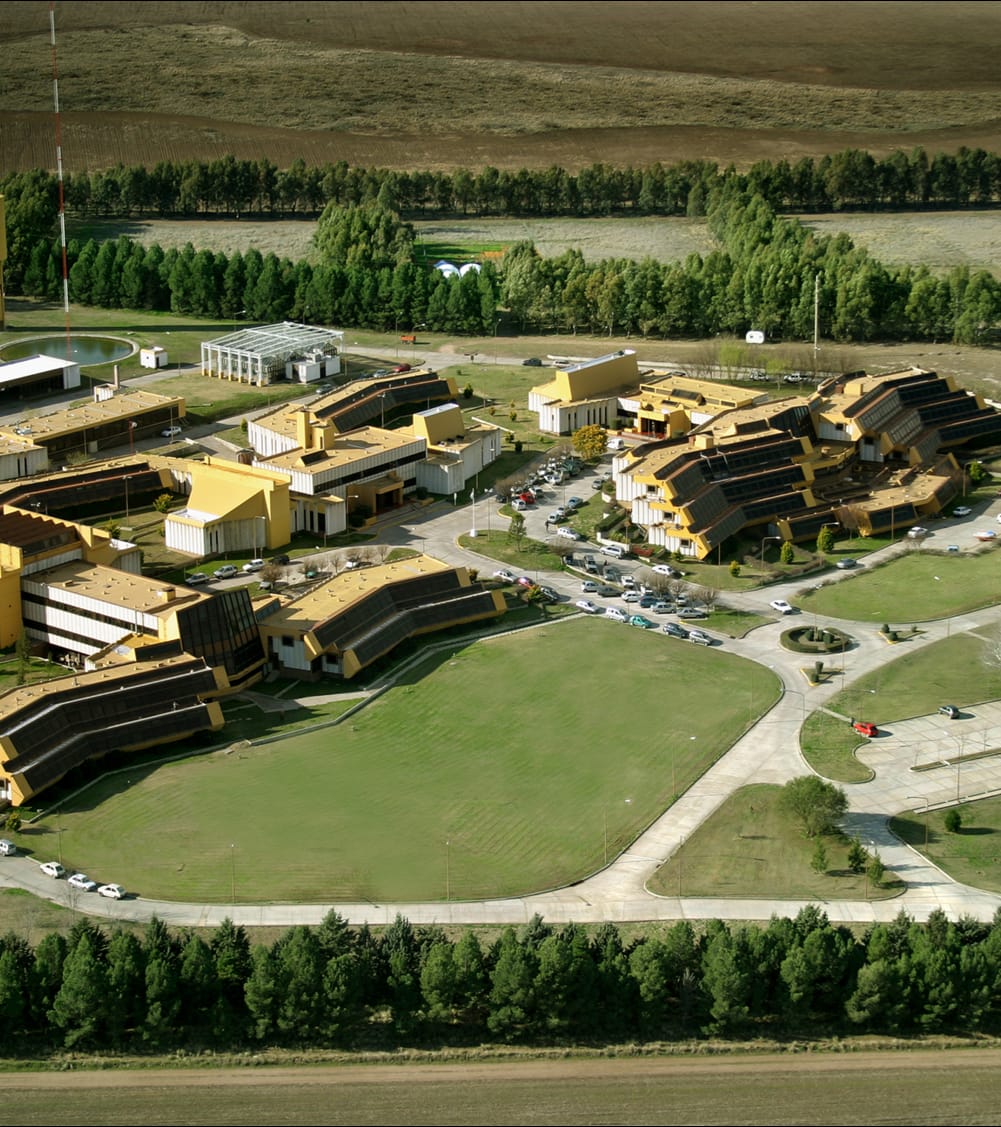
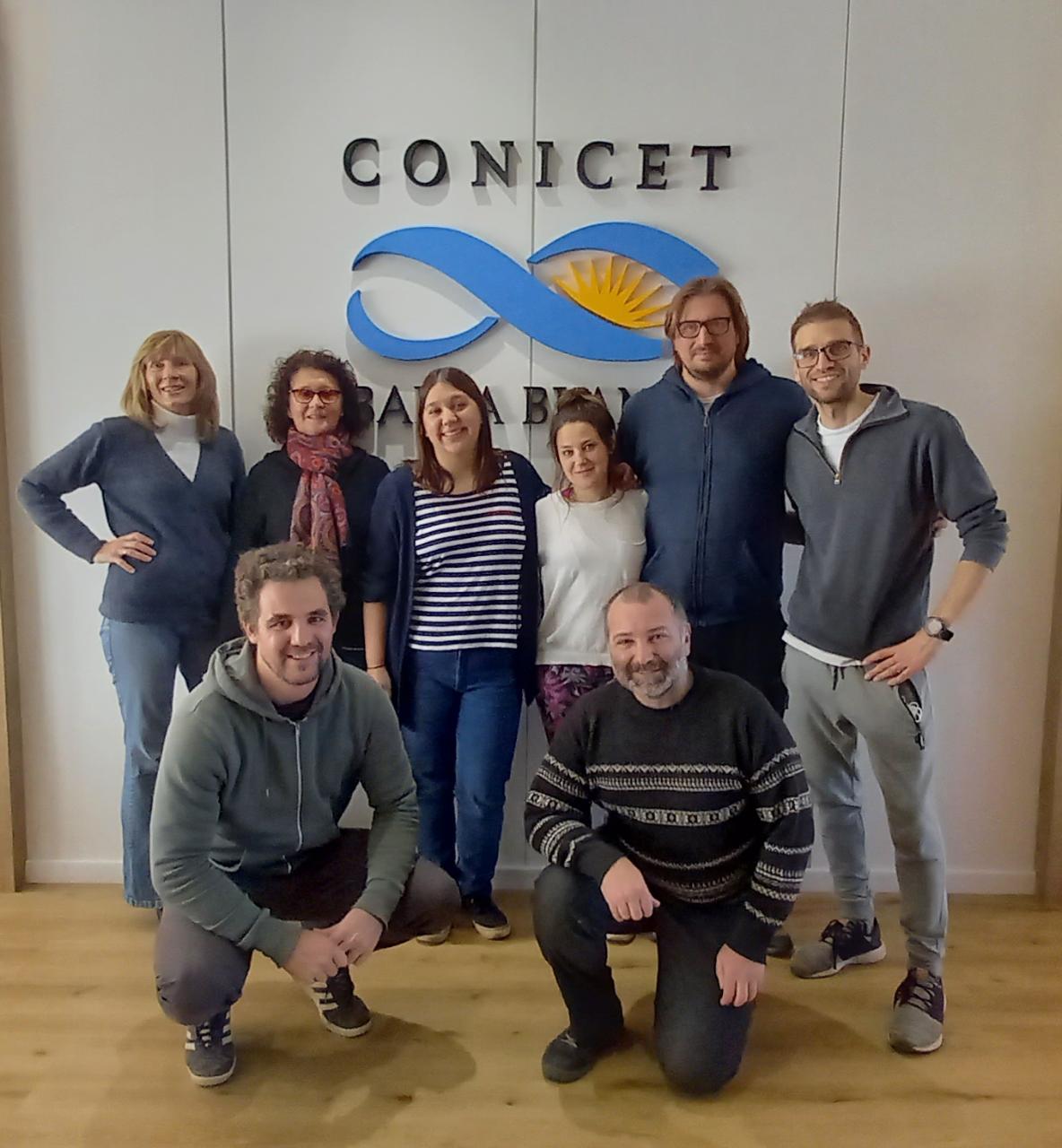
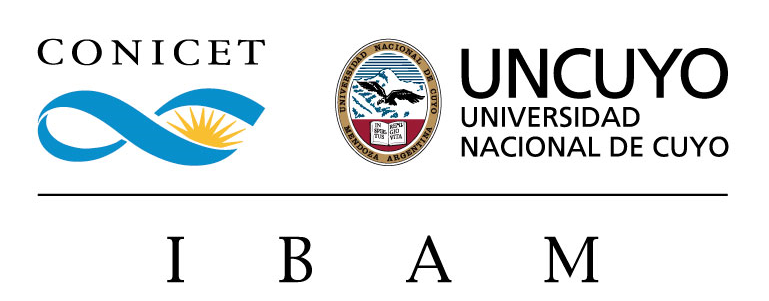
IBAM
Agricultural Biology Institute of Mendoza (IBAM)
The Agricultural Biology Institute of Mendoza (IBAM, www.mendoza.conicet.gov.ar/ibam) belongs
to the National Research Council (CONICET) and the National University of Cuyo (UNCuyo,
www.uncuyo.edu.ar). The institution is focused on the study of basic and applied aspects of
irrigated agriculture, aimed at developing tools to improve crop production while reducing the
negative impact on the environment. The Molecular Biology group is interested in looking into
interspecific hybridization, polyploidy and functional epigenetics of tuber-bearing Solanum species
native to the Andes.
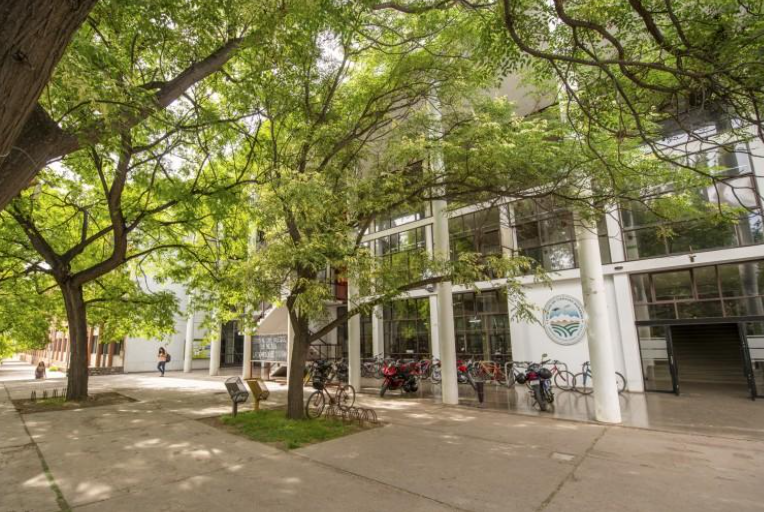
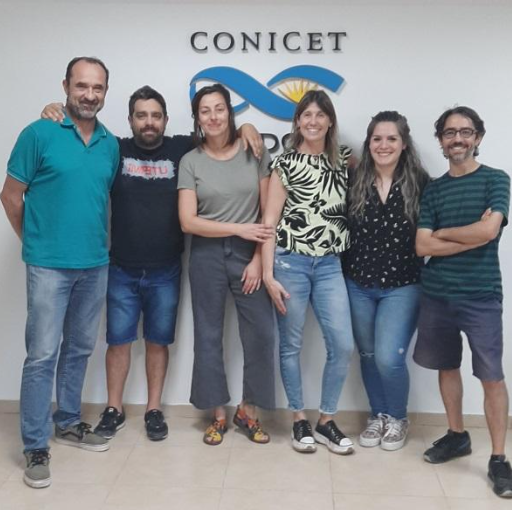
The Netherlands

KEYGENE
KeyGene uses dandelion (Taraxacum officinale) as a model species for apomixis research. Apomixis
has great potential for plant breeding, seed production, and agriculture. Diploid dandelions are
sexual; triploid dandelions are apomictic. Genes of apomixis components are identified using genetic and molecular methods. Recently, the gene for parthenogenesis was cloned (Underwood et al. 2022). Currently, the focus is mainly on the locus for apomeiosis (diplospory). One of the essential questions is why apomixis is not found in diploid dandelions but is restricted to triploid dandelions.

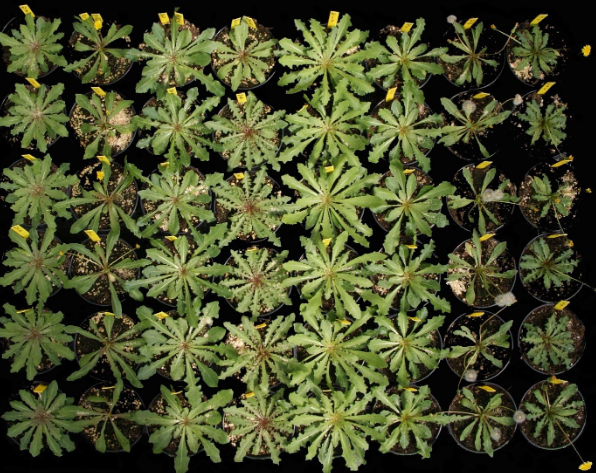
Apomictic interspecific hybrids between the diploid sexual rubber dandelion (Taraxacum koksaghyz) and the triploid apomictic common dandelion (T. officinale). From left to right: variation between apomictic lineages; from top to bottom uniformity within apomictic lineages.
IRELAND

University of Galway
At the University of Galway in Ireland, he Ryan Institute’s sustainability research mission focuses on four thematic research areas, namely (1) Marine & Coastal, (2) Energy & Climate Change, (3) Agriculture & BioEconomy, and (4) Environment & Health. The Ryan Institute is comprised of 12 Research Centres/Clusters spanning these four thematic research areas. The Ryan Institute is the University of Galway’s largest research institute comprised of 100 Research Groups and 12 Research Centres/Clusters that are responsible for over 350 funded research projects comprising circa. 20% of the overall research income of the University of Galway. The 100 Research Groups (each led by a Ryan Institute Principal Investigator) within the Ryan Institute collectively consist of circa 470 full time researchers, including 100 Postdoctoral Fellows, 53 Research Assistants, and 250 PhD students. The Ryan Institute’s 100 research groups generate over one quarter of all research publications and citations from the University of Galway.
USA

UC Davis
Comai lab – Department of Plant Biology
The Comai lab is in the department of Plant Biology at UC Davis and it is physically located at the Genome Center. We study how hybridization, chromosome number, and chromosome type affect gene regulation, development and genome evolution. Our model systems are potato, mint, and camelina. In potato, we are studying genome evolution during clonal growth and the genes involved in haploid induction. In mint, we are characterizing the different genomes that result in tetraploid spearmint and hexaploid peppermint to breed new, well adapted varieties. In hexaploid camelina, we are developing genetic and breeding tools for increasing N-use efficiency. In addition, we are interested in the evolution of sex chromosomes and in the role of centromeric histone 3 in haploid induction. We are funded by the US National Science Foundation, by the US Department of Energy, and by industry.
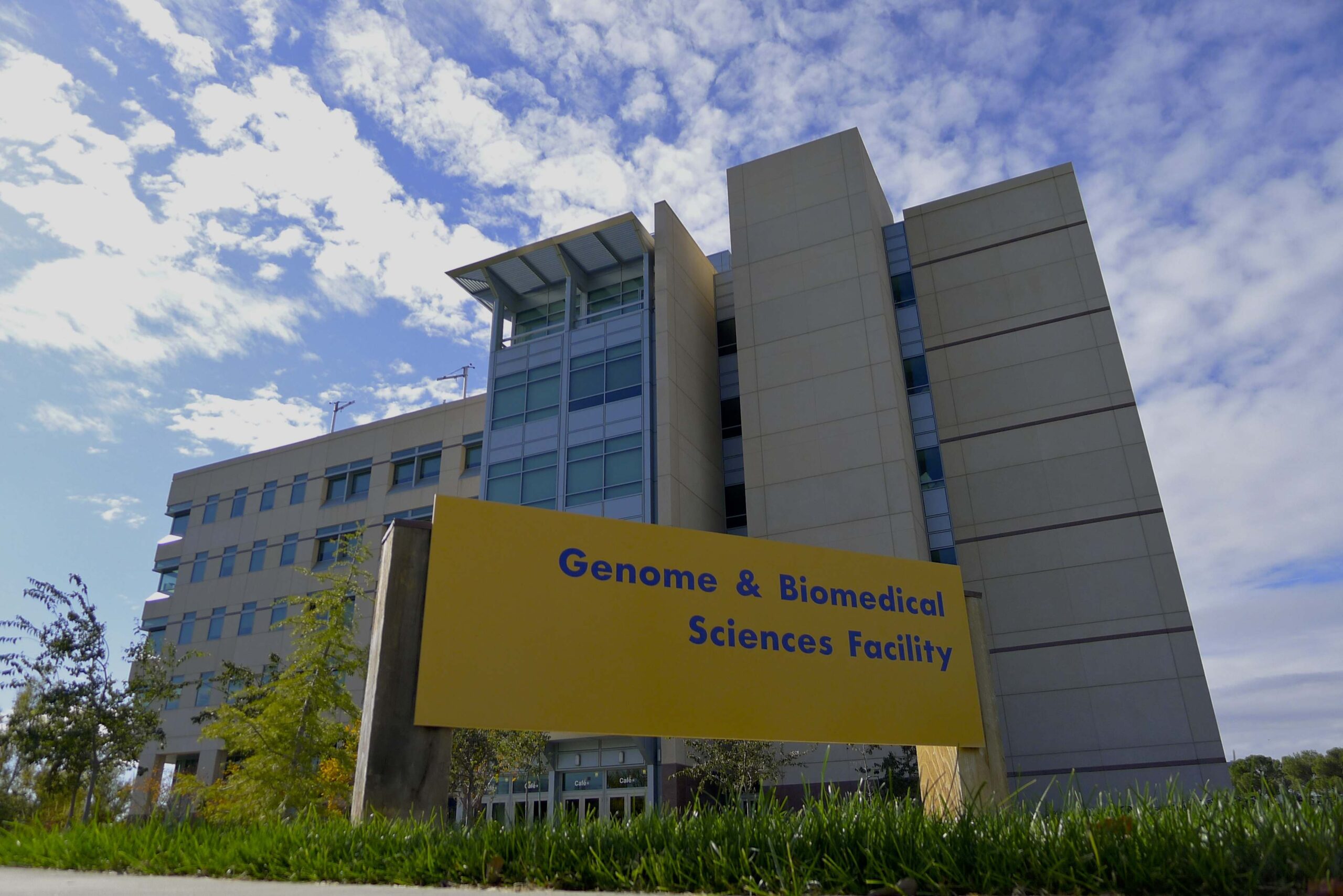

New Zealand

Lincoln University
The team at Lincoln University is housed within the Faculty of Agriculture and Life Sciences, Department of Wine Food and Molecular Biosciences and headed by Associate Professor Chris Winefield. Chris’ research speciality is genome structure, with a particular interest in the role that transposons play in driving plant genome evolution. Dr Ross Bicknell, who holds an adjunct Associate Professors position within the department, has a research speciality in gametophytic apomixis. Together, they’re advancing a research programme on the structure and function of genomic loci that control apomixis in the daisy genus Pilosella. Apomictic plants in this genus are exclusively polyploid, whilst sexual plants are either diploid or tetraploid. Recent results indicate that the exclusive presence of polyploidy in the apomicts is not merely an accident of history but most likely acts to enable the evolutionary advance of these plants and therefore remains under positive selection. The primary role of Lincoln University within the POLYPLOID programme is to study the critical role of polyploidy in the development and function of the endosperm tissue within the developing seed.
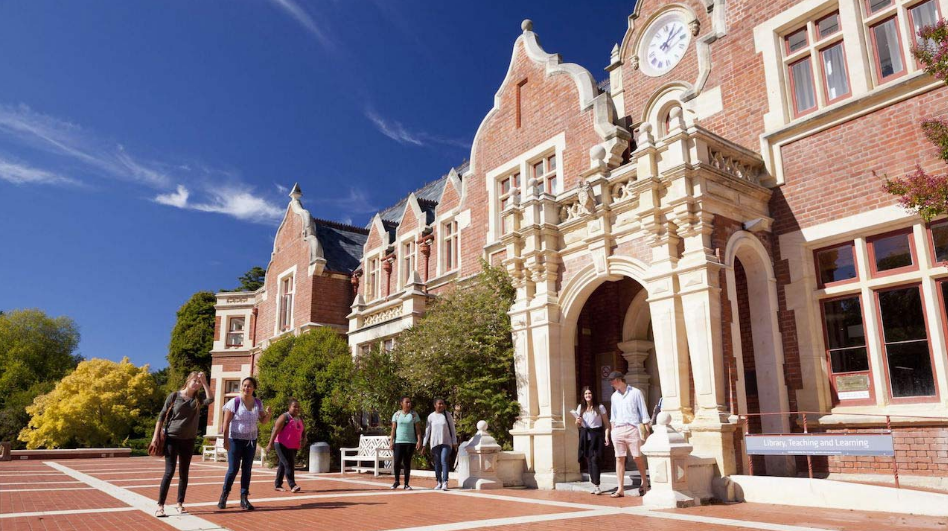
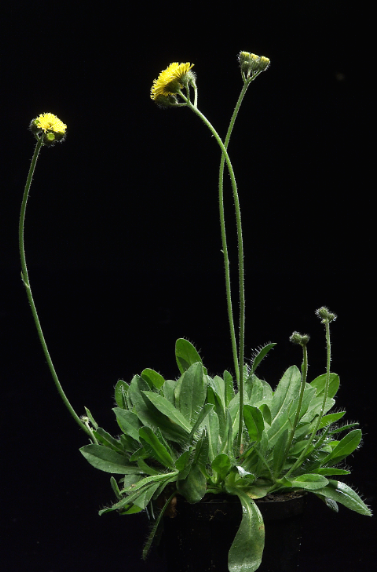
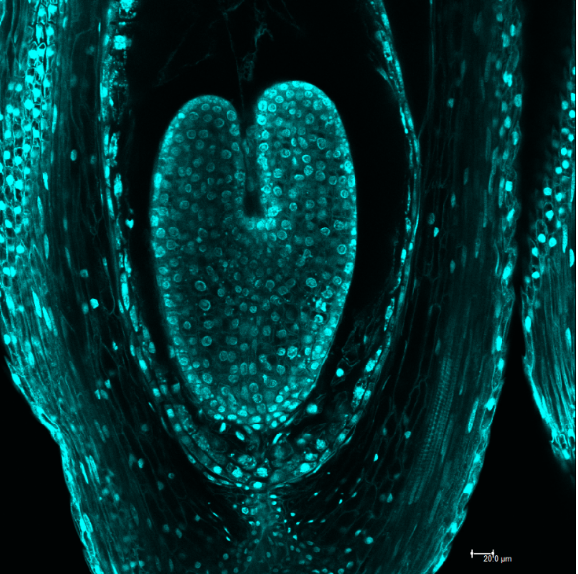
Developing Piosella embryo
